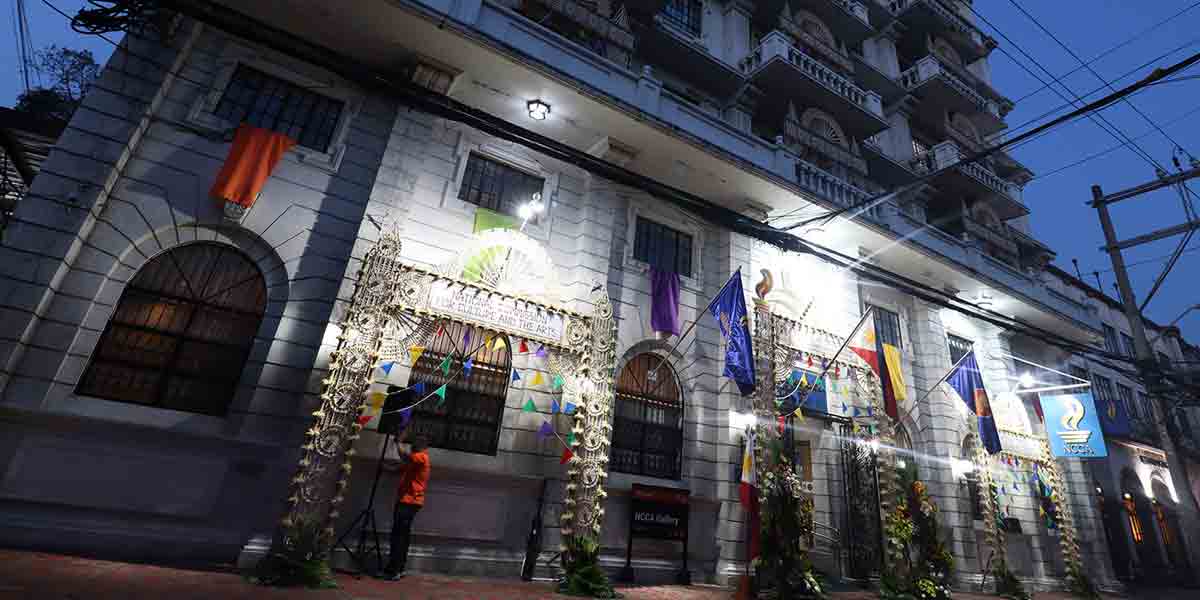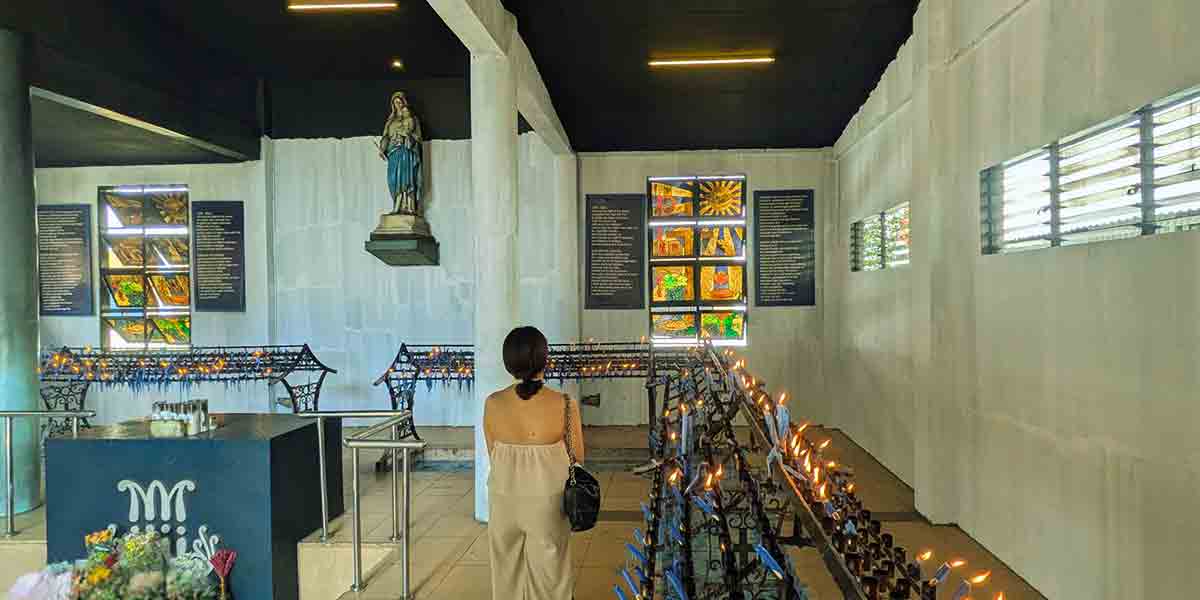The Asian Development Bank (ADB) has reaffirmed its economic growth forecasts for the Philippines, projecting a 6.0% GDP growth for 2024 and a 6.2% increase for 2025.
The outlook, unchanged from the previous predictions made in April, comes amid expectations of easing inflation, which is anticipated to boost consumption and investment activities.
In its latest Asian Development Outlook (ADO) report released in July, the ADB emphasized that moderating inflation and potential monetary easing in the latter half of 2024 would bolster household consumption and investment.
The bank’s forecasts align with the lower end of the Marcos administration’s GDP target range of 6% to 7% for 2024 and 6.5% to 7.5% for 2025.
“Moderating inflation and expected monetary easing in the second half of 2024 will support household consumption and investment,” the ADB stated in the report.
The Philippines recorded a GDP growth rate of 5.7% in the first quarter of 2024, driven by robust domestic demand and a recovery in merchandise exports.
The ADB highlighted that household consumption, although lower than last year’s level, remained a significant contributor to economic growth, supported by low unemployment rates and remittances from overseas Filipino workers.
“Household consumption growth, while below last year’s level, remained the main contributor supported by low unemployment and remittances from overseas workers,” the report noted.
Public infrastructure spending also played a crucial role in sustaining growth during this period.
Additionally, the ADB observed a rebound in merchandise exports, particularly electronic products, which account for about 60% of the country’s total exports.
Services exports, including tourism and business process outsourcing, continued to perform well.
“Merchandise exports rebounded, particularly electronic products (about 60% of total exports), while services exports remained buoyant, including tourism and business process outsourcing,” the ADB detailed.
Inflation and Monetary Policies
The ADB’s positive outlook is influenced by the expectation that inflation, which has been a significant concern, will moderate in the coming months.
The Bangko Sentral ng Pilipinas (BSP) is anticipated to implement monetary easing measures to further support economic activities.
Inflation has been a critical issue in the Philippines, impacting the cost of living and the overall economic environment. The anticipated easing of inflation pressures is expected to provide relief to households and businesses, encouraging higher levels of consumption and investment.
Government Targets and Infrastructure Development
The Philippine government, under the leadership of President Ferdinand Marcos Jr., aims to achieve a GDP growth rate within the range of 6% to 7% for 2024 and 6.5% to 7.5% for 2025. The ADB’s forecasts, while slightly conservative, suggest a stable economic trajectory for the country.
Infrastructure development continues to be a key priority for the government, with substantial public spending directed towards enhancing the country’s infrastructure capabilities. This investment is expected to support long-term economic growth and improve the overall business environment.





















